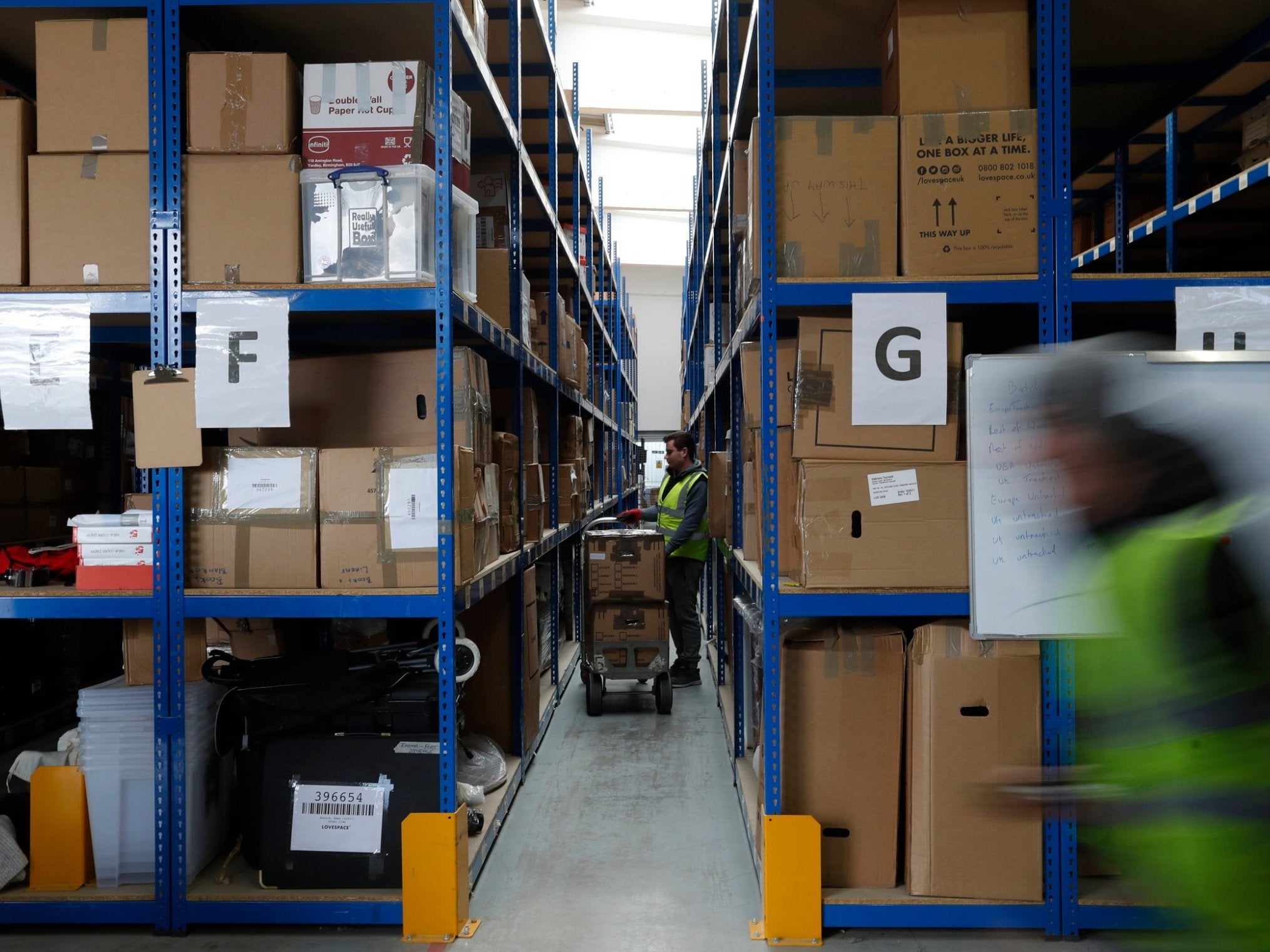Can businesses that have prepared for a no-deal Brexit get their money back if it doesn’t happen?
Analysis: Some small businesses have been reluctant to expend significant sums on getting ready for Brexit, as Ben Chapman explains


Companies large and small are currently in the unenviable position of having to spend money to prepare for a no-deal Brexit that might never happen.
As 29 March approaches, more goods are stockpiled, warehouse units filled, empty offices rented and contingency plans made.
As Mike Hawes, boss of the Society of Motor Manufacturers and Traders, put it this week: “Every day a no-deal Brexit remains a possibility is another day ... companies pay the price in additional and potentially pointless costs.”
All of this adds up to a considerable amount. The government itself has spent more than £4.2bn so far on Brexit preparations, though not all of that has gone towards no-deal planning.
For smaller firms the amounts can be significant, but can any of this be recouped by way of compensation if it turns out to have been unnecessary?
Ultimately, the answer for businesses seems to be no; but there is a severe lack of information and clarity on this point.
Neither the Department for Exiting the EU nor the Department for Business, Energy and Industrial Strategy could point to any government mechanism that would cover unnecessary no-deal costs for small firms.
This is something that some small and medium-sized businesses have said they want. In a survey late last year by the Federation of Small Businesses (FSB), 16 per cent of respondents said they would find a voucher of £2,000 to £3,000 towards Brexit planning helpful. Another 10 per cent wanted interest-free loans to cover the costs.
But three times as many firms simply wanted clear information, kept in a single place, about how they should prepare. Such a one-stop shop still doesn’t exist, leaving businesses in the dark.
In the face of such uncertainty, it is understandable to an extent that only one in seven small companies have starting planning for a no-deal Brexit despite the fact that half think it will be harmful to them. Some no doubt are loath to spend money on which they may see no return.

Typically of course, firms plan for future risks with insurance, but for a no-deal scenario this presents a problem. As the Association of British Insurers points out, cover is designed for unforeseeable events – fire, theft, critical illness – which are somewhat different to those posed by a no-deal outcome.
Perhaps more beneficial than any insurance policy, however, would be if Brexit didn’t go ahead.
The UK has forgone around 2 per cent of predicted economic growth since the June 2016 referendum, while the government’s own analysis forecasts a no-deal departure will chop 9.3 per cent off GDP.
Got an unanswered question about Brexit? Send it to editor@independent.co.uk and we’ll do our best to supply an answer in our Brexit Explained series
Join our commenting forum
Join thought-provoking conversations, follow other Independent readers and see their replies
Comments
Bookmark popover
Removed from bookmarks